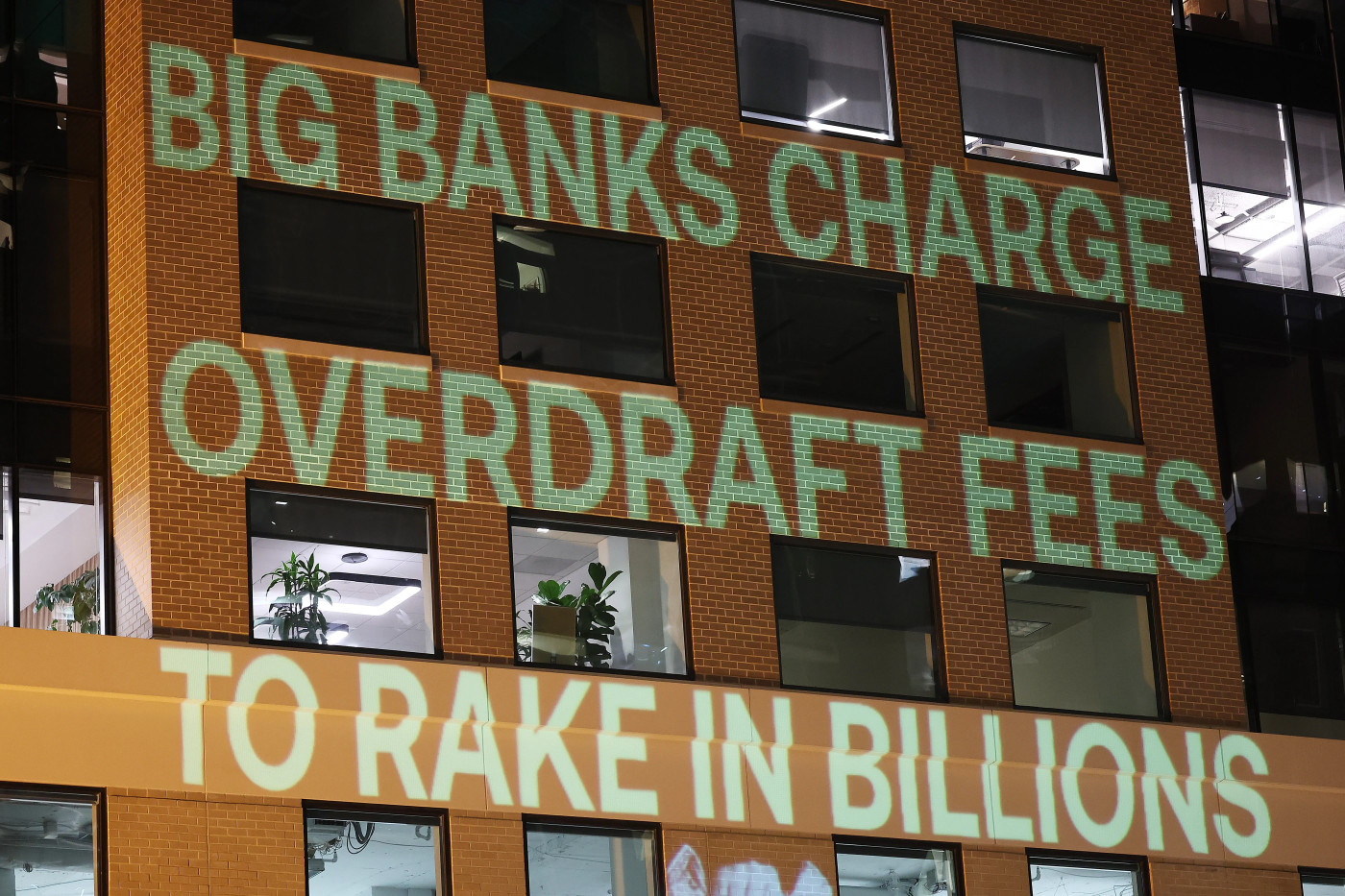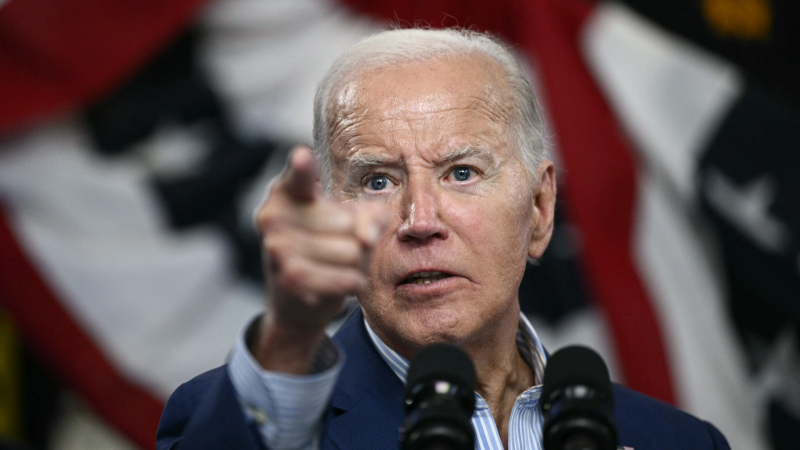
Tired of overdraft fees? A new Biden administration rule would cap them.
Bank overdraft fees, pricey penalties charged to customers who overdraw their accounts, face a $5 cap under new rules released Thursday by federal regulators.
The cap on bank overdrafts continues an ongoing campaign against “junk fees” in the waning days of the Biden Administration, targeting everything from credit card late fees to hidden charges on concert tickets.
Banks that don’t want to cap their overdraft fees have two other options, according to a final rule released by the Consumer Financial Protection Bureau.
They can charge a fee equal to what it actually costs them to cover overdrafts. Or, they can treat an overdraft as a loan, giving customers a choice on whether to open a line of “overdraft credit.”
The rule applies to banks with more than $10 billion in assets. It takes effect in October 2025, assuming it survives any legal challenge from the banking industry.
Capitalize on high interest rates: Best current CD rates
“For far too long, the largest banks have exploited a legal loophole that has drained billions of dollars from Americans’ deposit accounts,” said Rohit Chopra, director of the federal agency, in a statement.
Regulators said the new rule will generate up to $5 billion in overdraft-fee savings for bank customers annually, or $225 per household that pays the fees.
Bank industry leaders warn, however, that the cap could backfire on the most vulnerable bank customers, who rely on overdraft protection to keep them solvent.
"Overdraft services are a vital lifeline for millions of consumers – including the one in five Americans who lack access to credit," said Lindsey Johnson, president of the Consumer Bankers Association, in a statement. “The CFPB’s rule jeopardizes access to overdraft services when hardworking Americans face unexpected expenses, leaving them with worse alternatives like payday loans and pawnshops."

'Banks call it a service − I call it exploitation'
The Biden Administration announced the crackdown on overdraft fees in January as part of a larger crusade against excessive fees in the banking industry.
“For too long, some banks have charged exorbitant overdraft fees − sometimes $30 or more − that often hit the most vulnerable Americans the hardest, all while banks pad their bottom lines,” Biden said in a statement at the time. “Banks call it a service − I call it exploitation.”
But the crackdown drew sharp criticism from the banking industry.
In a survey fielded by the Consumer Bankers Association this fall, more than 90% of banks said that caps on overdraft fees would greatly reduce how much overdraft protection they could offer their customers.
“Given the average number of consumers who rely on these respondents’ overdraft services to make ends meet, the potential consumer harm appears to be substantial,” wrote David Pommerehn, senior vice president of the bankers association, in a November letter to the federal agency.
Bank fees for overdrafts and insufficient funds have declined by nearly half since pre-pandemic 2019, according to an earlier Consumer Financial Protection Bureau report. Banks collected $1.6 billion in overdraft and insufficient-fund fees in the fourth quarter of 2022, compared with $3.1 billion in the same period of 2019.
Many large banks voluntarily reduced or eliminated overdraft fees in 2021 and 2022, under pressure from lawmakers and regulators.
The average overdraft fee peaked at $33.58 in 2021, according to data from Bankrate, the personal finance site. It declined to $26.61 in 2023. But most banks still charge them, at least in some instances, Bankrate found.
Another recent survey, by the American Bankers Association, found that 80% of consumers who had paid an overdraft fee were glad the bank had covered the payment, rather than decline it.
With the new rule, "the CFPB is ignoring the strong majority of Americans who have indicated time and again in national surveys that they value and appreciate overdraft protection, and they don’t want it to go away," said Rob Nichols, president of the American Bankers Association, in a statement.

Banking costs:Despite Biden administration 'junk' fee crackdown, ATM fees are higher than ever
Federal regulators have battled banks over credit card fees
In March, as part of the regulatory campaign, the same federal agency announced a new rule that would cap late fees on credit card payments at $8.
But the banking industry pushed back hard, and a federal judge put the late-fee cap on hold.
Regulators estimate the cap would save American families more than $14 billion a year in fees. Banking industry leaders counter that the cap could trigger higher interest rates for those who pay their bills on time.
Indeed, credit card interest rates reached an all-time high this year, and industry analysts cite regulatory pressures as one reason for their rise.
This story has been updated with new information.

